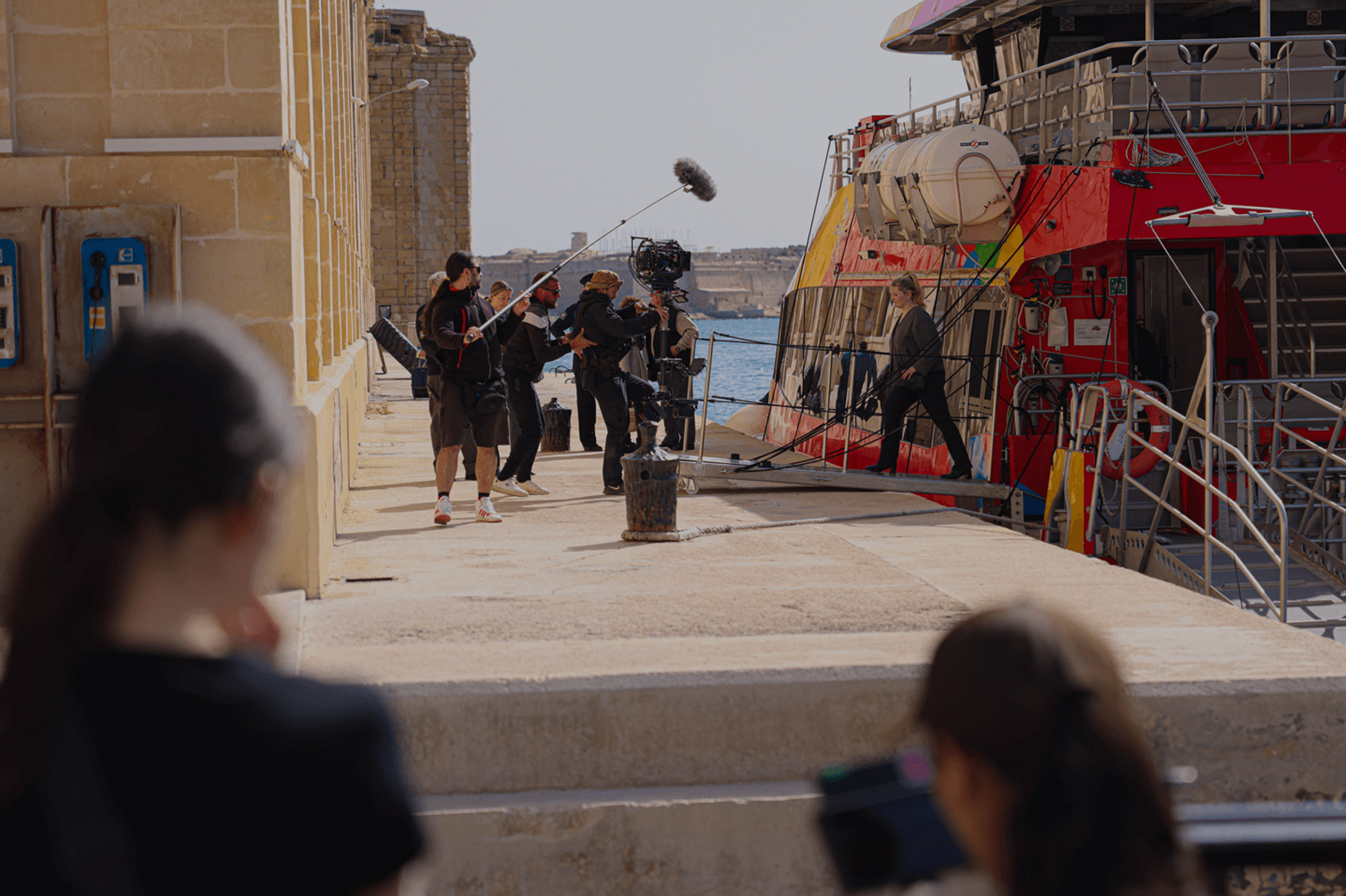
Screen Tourism: The Benefits for Destination Malta
September 27, 2024

A Quarter Century of Success at MTA
September 27, 2024
Quantity vs Quality on the Malta Restaurant Scene
September 28, 2024Article written by Tony Zahra, President of the Malta Hotels Restaurants Association.
This form of tourism has seen a significant rise in recent years, driven by the global reach of streaming platforms and the enduring appeal of visual storytelling.
Screen tourism can greatly increase the revenue of a destination; when Malta is shown in a popular film or TV show it attracts a large number of visitors, eager to see the setting in real life. This influx of tourists benefits Maltese suppliers, including anyone in the retail or catering sector of work.
The display of Malta in media provides widespread publicity. This exposure reaches international audiences, raising the profile of the location and attracting visitors from around the world who might not have considered the destination otherwise. Fans of a show or movie may visit regardless of the usual tourist season, helping to extend the season all year round.
In addition, screen tourism can highlight and preserve local cultures, traditions, and landmarks. When filmmakers choose authentic locations that reflect the story’s setting, it leads to a greater appreciation and understanding of Malta’s cultural heritage.
With films such as Gladiator, we feel pride in seeing Malta’s heritage featured on screen. This leads to greater community engagement and fuels the initiative to maintain and promote the area whilst fostering a positive and cohesive local identity.
A thriving screen tourism industry can inspire local creative industries. Filmmaking, acting, and production can receive a boost as local talent and locations become more attractive for future projects, creating a virtuous cycle of tourism and creative output.
Examples of successful screen tourism include New Zealand’s growth in tourism after The Lord of the Rings trilogy, Dubrovnik’s increased popularity due to Game of Thrones, and the Scottish Highlands attracting fans of the Outlander series. These examples demonstrate how powerful visual media can be in transforming destinations into global tourist hotspots.
One can therefore conclude that screen tourism offers a myriad of benefits in relation to tourism; from economic gains and global exposure to cultural preservation and infrastructural development. As the popularity of film and television continues to grow, destinations that embrace and capitalise on screen tourism stand to gain significantly, both now and in the future.
Screen tourism–also known as film-induced tourism– refers to the phenomenon where tourists visit areas due to the locations being featured in any mass media.
This form of tourism has seen a significant rise in recent years, driven by the global reach of streaming platforms and the enduring appeal of visual storytelling.
Screen tourism can greatly increase the revenue of a destination; when Malta is shown in a popular film or TV show it attracts a large number of visitors, eager to see the setting in real life. This influx of tourists benefits Maltese suppliers, including anyone in the retail or catering sector of work.
The display of Malta in media provides widespread publicity. This exposure reaches international audiences, raising the profile of the location and attracting visitors from around the world who might not have considered the destination otherwise. Fans of a show or movie may visit regardless of the usual tourist season, helping to extend the season all year round.
In addition, screen tourism can highlight and preserve local cultures, traditions, and landmarks. When filmmakers choose authentic locations that reflect the story’s setting, it leads to a greater appreciation and understanding of Malta’s cultural heritage.
With films such as Gladiator, we feel pride in seeing Malta’s heritage featured on screen. This leads to greater community engagement and fuels the initiative to maintain and promote the area whilst fostering a positive and cohesive local identity.
A thriving screen tourism industry can inspire local creative industries. Filmmaking, acting, and production can receive a boost as local talent and locations become more attractive for future projects, creating a virtuous cycle of tourism and creative output.
Examples of successful screen tourism include New Zealand’s growth in tourism after The Lord of the Rings trilogy, Dubrovnik’s increased popularity due to Game of Thrones, and the Scottish Highlands attracting fans of the Outlander series. These examples demonstrate how powerful visual media can be in transforming destinations into global tourist hotspots.
One can therefore conclude that screen tourism offers a myriad of benefits in relation to tourism; from economic gains and global exposure to cultural preservation and infrastructural development. As the popularity of film and television continues to grow, destinations that embrace and capitalise on screen tourism stand to gain significantly, both now and in the future.

As the major Association in the tourism sector, the MHRA represents the interests of its members on several important national policy making bodies, including the board of the Malta Tourism Authority and all its directorates, the Institute of Tourism Studies and the Malta Council for Economic and Social Development.
For more information visit https://mhra.org.mt
Click here to see Horeca Issue 17 online



